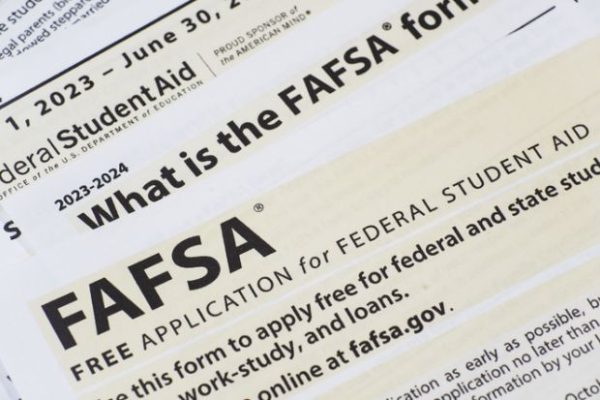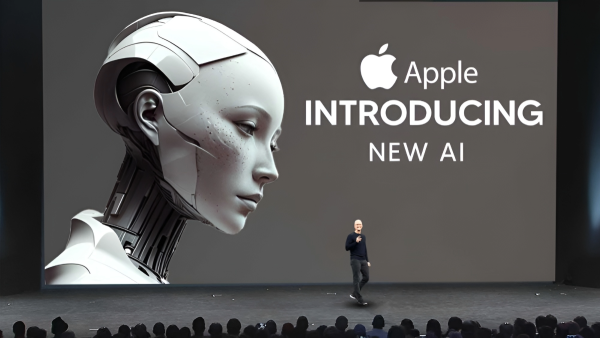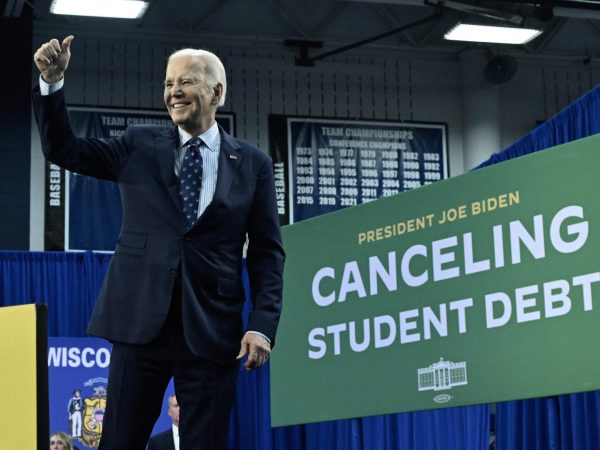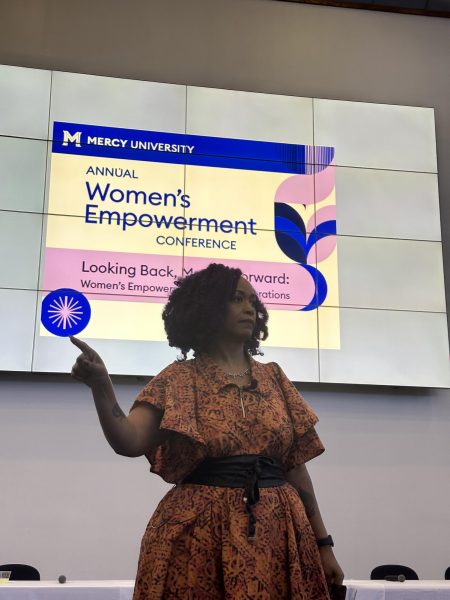Evolution vs. Creationism: A Mercy College Perspective
The age old battle of evolution versus creationism continues to be an ongoing debate in higher education.
The college experience can cause a person to change immensely; however, can the experience change something as fundamental to one’s identity as religious ideals?
Statistics say yes.
The discomfort people might feel once experiencing the world outside from the comforts of their home can be overwhelming, but eye opening. Beyond the newfound freedom college offers, there is also exposure to new people, experiences and ideals. For many, religious practices such as attending church every Sunday morning begin to lapse.
Exposure to higher level biology courses may also have an impact on the religious ideals of open-minded students. One of the most major ideal changes is the exposure to detailed lectures on evolution that may stir up an inner conflict between creationism and evolution.
Creationism is the belief that the universe and living organisms originate from specific acts of divine creation, as in the biblical account, rather than natural processes.
According to Pew Research Center, 87 percent of scientists say humans and other living things have evolved as the result of processes such as natural selection, while only a third of the public agrees. Another 22 percent of the public say humans have evolved, but “a supreme being guided the evolution of living things for the purpose of creating humans and other life in the form it exists today.”
Similar to the poll, Mercy students are divided in their beliefs.
“I grew up in church. So when I came to college, I was excited to get away from it,” explained Freedom Weekes, a senior and TV/Radio production major at Mercy College.
Known as the “church kid” in high school, Weekes left his Christian beliefs behind as he began his freshman year at Mercy. Although the partying was fun, Weekes felt that he was missing something in his life, and that opportunities kept arising for him to help others through religion. On Oct. 6, 2010, Weekes and a friend held the first H.E.L.P Ministries meeting, where students can participate in Bible study.
“I believe God welcomes everybody and accepts everyone who believes in him.”
Although he admits to questioning his own beliefs in the past, Weekes knows where he stands with his own views on religion and how the world came to be.
“A lot of it makes sense, and it looks like it would work out but I haven’t seen enough proof. Who’s to say that Adam and Eve didn’t look like apes? I believe God created the earth in his own image.”
Weekes isn’t alone in his beliefs that a creator constructed the earth. According to a survey done with Mercy College students, 25 percent believed in the idea of creationism, with one student stating “everything can’t be made from nothing without a creator.”
Michael Velez, a biology major at Mercy College, also believes that the world was created by God.
“I grew up with the Pentecostal religion. My major won’t change my beliefs,” explained Velez.
Velez has high hopes of becoming a doctor and has endured the dispute of evolution and creationism through many science classes. Yet, none of his classes has shaken his faith that the world didn’t just appear without a creator.
“We’ve had educational debates about this in class and they have only strengthened my belief through amazement. Look at how complex the human body is. That couldn’t have just been made through evolution.”
The aspiring doctor has attended lectures and seminars held by his church about the continuing dispute of how the world came to be.
“There is a lot of information stating that the Bible is scientifically proven.”
When asked if he would consider changing his beliefs if anything scientific would prove that evolution is real, Velez shook his head without the slightest hesitation.
***
“Everyone is wrong about evolution,” said Michael Rivera, professor of biology at Mercy College.
One of the largest issues scientists faced when teaching evolution is that it is difficult to explain and even harder to prove, although scientific evidence overwhelmingly supports the evolutionary theory, he says.
There are even a few scientists who believe in theistic evolution. Theistic evolution states that a supernatural force was the catalyst for evolution. Theistic evolution is more popular among the American population than both creationism and evolution. Even some religions embrace theistic evolution such as Catholicism, while other religions have put out doctrines stating that believing in evolution is not in conflict with faith.
“I hear the same argument all the time: ‘evolution is just a theory’.”
As a believer of evolution, Rivera has encountered the dispute betweem evolution and creationism first hand in his own classroom discussions.
“I’ve had students ask me if I really believe in evolution. In my second year of teaching, someone asked me after class if this was the way I felt life worked. When I explained to him that I did, he felt that I was pushing my own beliefs onto the class.”
The theory of evolution is typically viewed as the picture of the ape transforming from primate to humanoid to homosapiens. This image is completely different from the current theory of evolution that students explore in college level biology courses.
“That picture people see, of the ape transforming into a man, is total nonsense” Rivera said.
Many believe that the prospect of evolution is blasphemous, and they are unwilling to believe that “humans evolved from monkeys”. However, the true meaning of evolution is various uncontrolled and random genetic mutations over different generations. Evolution can be defined as the process by which different kinds of living organisms are thought to have developed and diversified from earlier forms of the earth.
Another claim made by creationists to disprove evolution is the various fallacies brought forth by Charles Darwin. Darwin is hailed as the father of the evolution theory but was not the first to reach such a conclusion. Darwin’s travels took him to the Galapagos Islands, where he observed adaptations in birds. These birds seemed to differ from island to island but had some similar qualities. During his observations, Darwin explained natural selection, a process in which individuals with certain inherited traits tended to be more successful.
“Of course Darwin was not completely correct. He was born in 1700s. The whole point of being a scientist is asking questions and making mistakes,” said Rivera.
Darwin’s scientific mind even questioned his own theories and he said, “If it could be demonstrated that any complex organ existed, which could not possibly have been formed by numerous, successive, slight modifications, my theory would absolutely break down.” Darwin understood the limitations of his time and even included a chapter in his book called “Difficulties on Theory.”
Beneficial genetic mutations remaining for generations and after millions of years can end up creating a new species. Some students learn about this biological definition of evolution and come to realize that it’s more plausible than what they originally thought. Others keep their beliefs intact, and adhere to the theory for the purposes of passing the course.
According to the Mercy College study, the 75 percent of students who believed in evolution used evidence from what they learned in school, saying that “evolution makes sense” and “provides substantial evidence.”
“You just don’t come up with these ideas on your own. They’re shoved down your throat,” stated Rivera.

I'm a senior at Mercy College majoring in journalism, and have been writing for The Impact since my sophomore year. Currently, I am the Managing editor...

Sasha Majette is a senior studying health science. She is a self proclaimed technology enthusiast and her hobbies include video games, digital art and...













